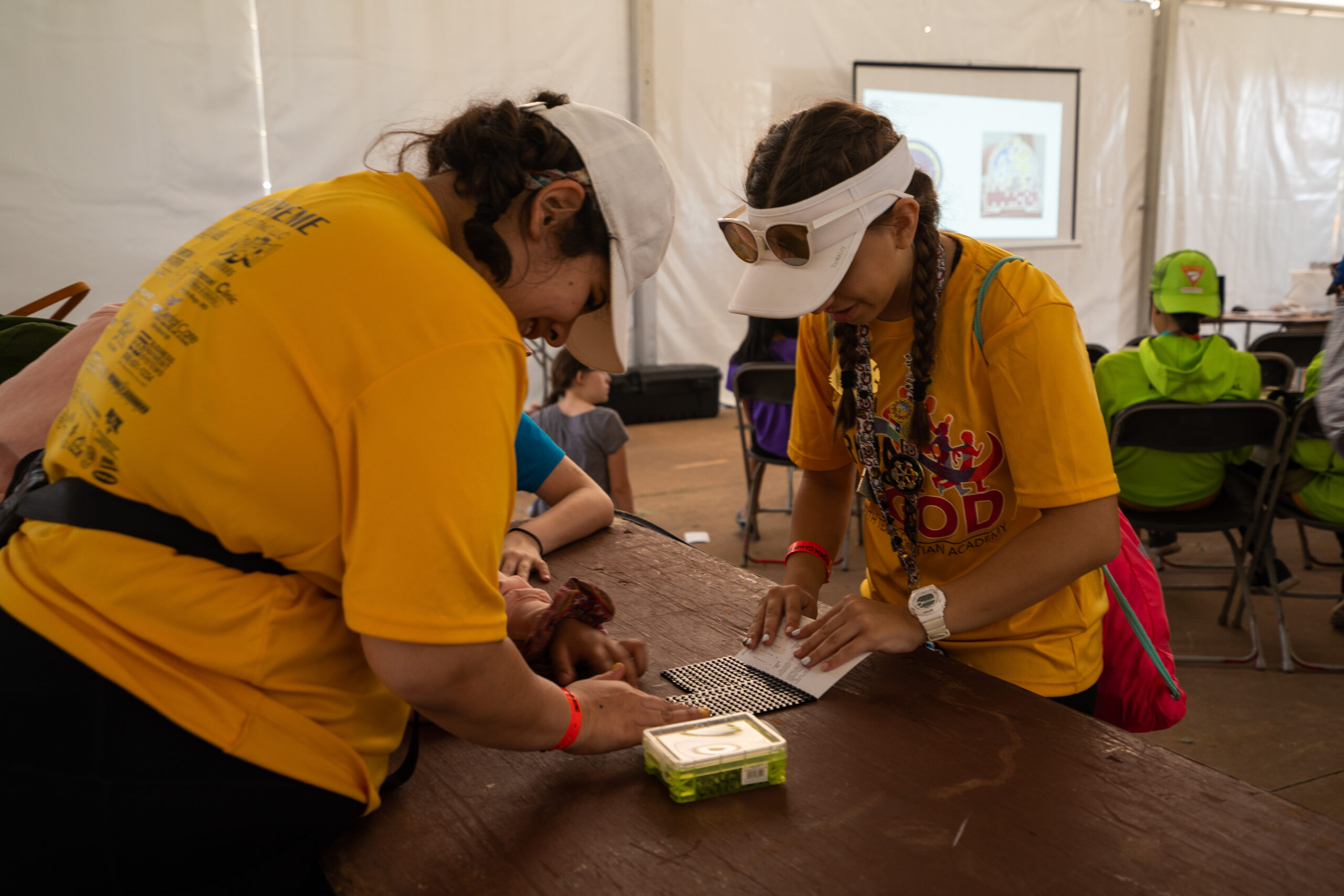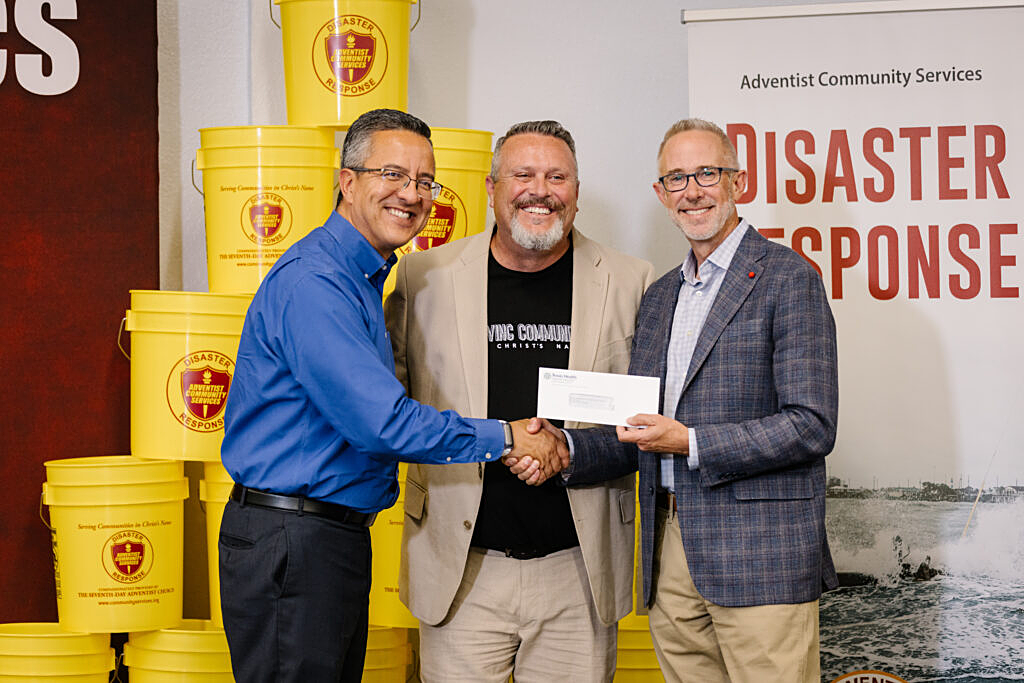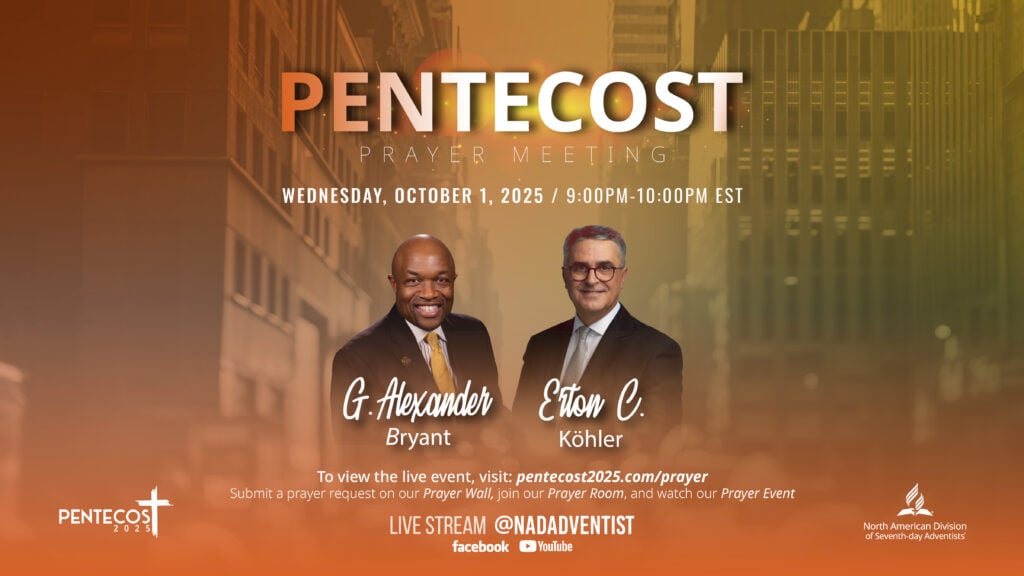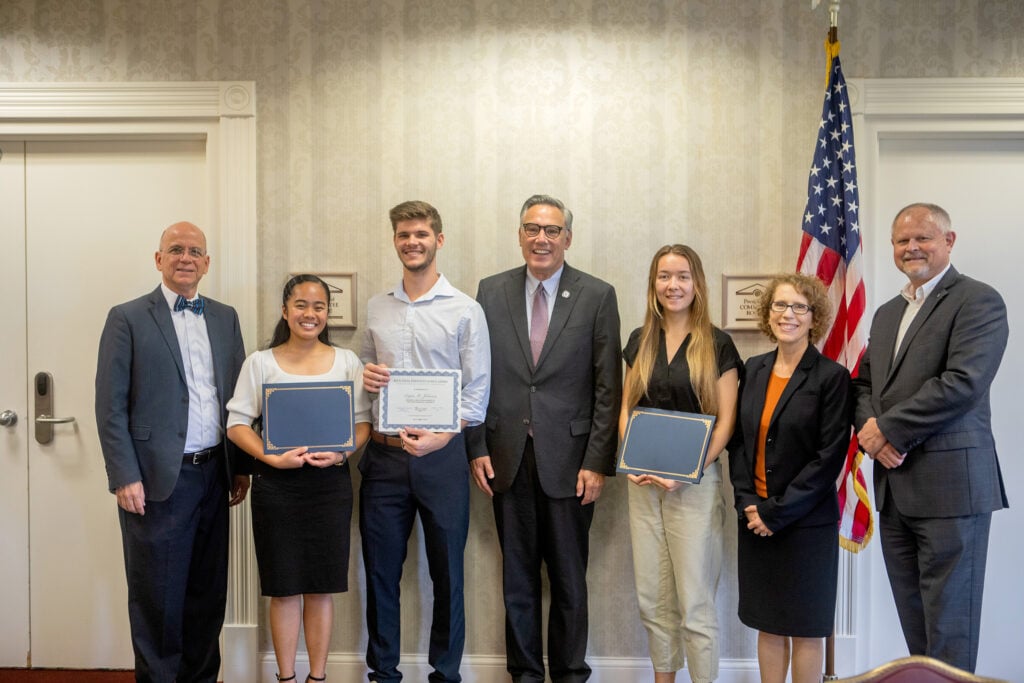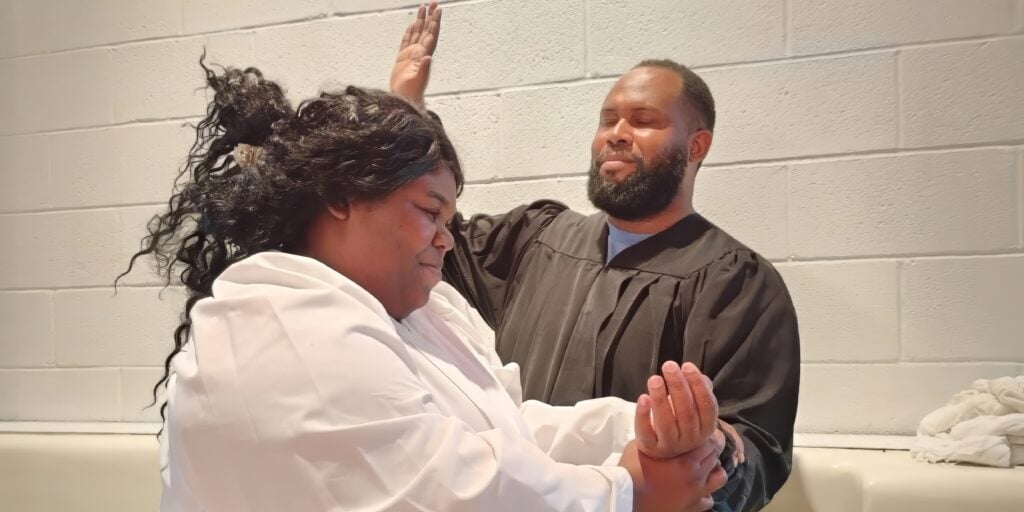Honors are key components of the Pathfinder curriculum that help youth learn valuable spiritual, recreational, and practical skills they can carry while they’re in the ministry and beyond.
Pathfinders are encouraged to amass as many skills and experiences as possible whenever honors are offered through their clubs, conferences, and unions. But camporees are an especially good occasion to earn lots of honors in a compressed timeframe. With this in mind, more than 170 honors classes are available for the Pathfinders attending the 2019 Chosen International Camporee in Oshkosh, Wisconsin.
The honors offered at the Chosen camporee appeal to many interests, including leatherwork, knife throwing, biblical archeology, origami, robotics, space exploration, and gift wrapping. There are also honors that are more service-oriented, including learning how to witness to others of through the “Cross-Cultural Mission” honor or understanding how to resolve conflict with the “Peace Maker” honor.
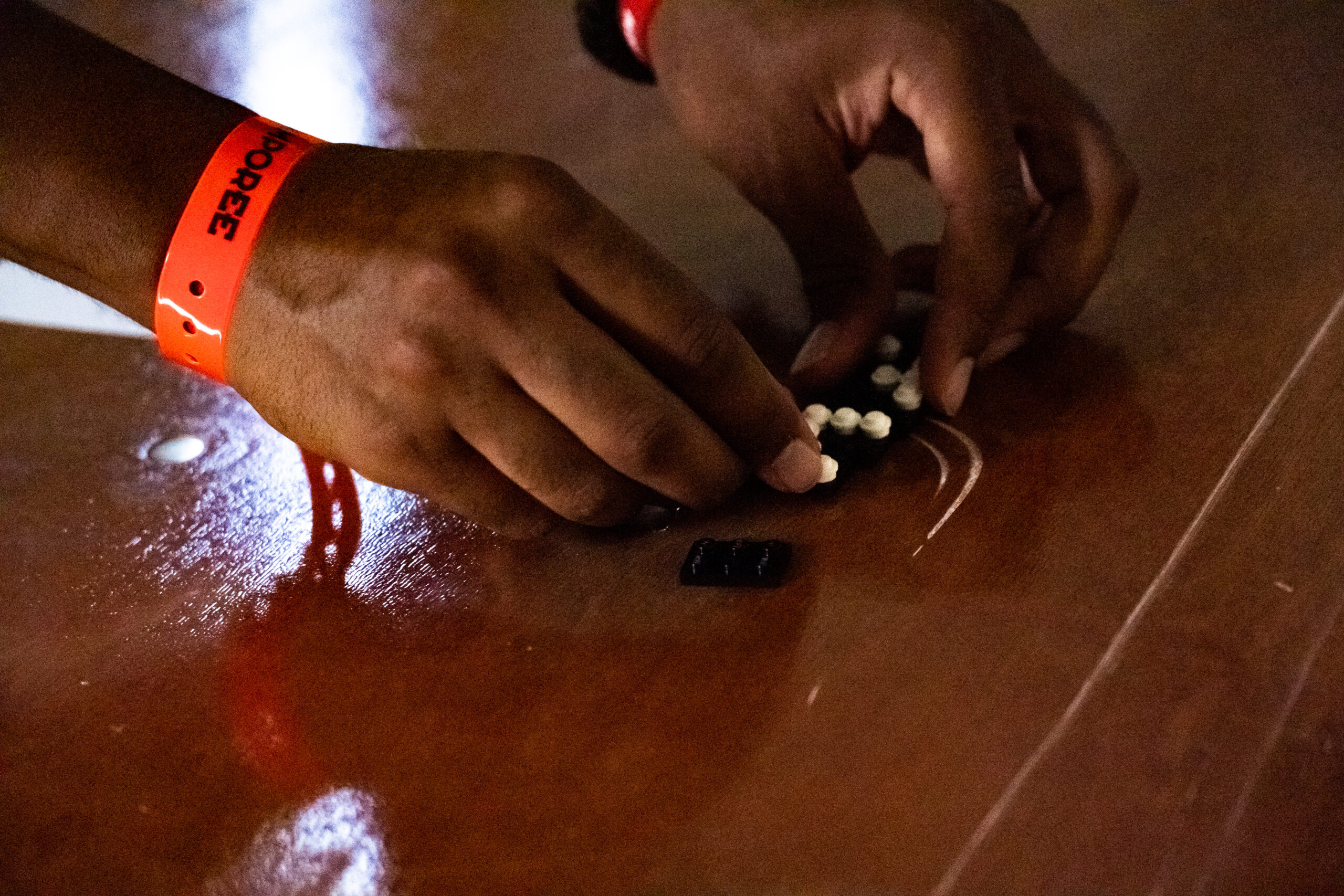
Braille Honor
This year, the international camporee featured a Braille Honor for the first time in its history. The honor was developed by Christian Record Services for the Blind, a ministry of the North American Division. Pathfinders who participate in the 90-minute session learn about the tactile reading system and how it has been adapted into different languages. They can also experience the system hands-on by using Legos to construct their names in braille.
Jeri Lyn Rogge, editorial and outreach coordinator of Christian Record Services, who is one of the teachers of the honor, said the Pathfinders are posed with questions that help gauge their knowledge of the blind, including “What can the blind do well,” “Are there different types of blind,” and “What scares you about the blind?” After answering, the Pathfinders watch a video testimonial of a member of Christian Record Services who attended its summer camp for the blind. The questions are then repeated to the Pathfinders after the video.
“Watching that video really changed my outlook,” said Grace McConville, a Pathfinder from the Valdosta Voyagers Pathfinder Club in the Georgia-Cumberland Conference who earned the honor. “It made me think about a member of my church who’s legally blind.”
“It’s good they made this honor because it can help us become friends with someone who is blind,” said Isabel Williams, from the same club.
Rogge says she hopes the Pathfinders will feel more empowered to interact with the blind who may live in their communities.
“I hope they will engage in conversations that will develop into friendship, and those friendships will lead to a connection with Jesus Christ,” said Rogge. “That’s what I’m really passionate about.”
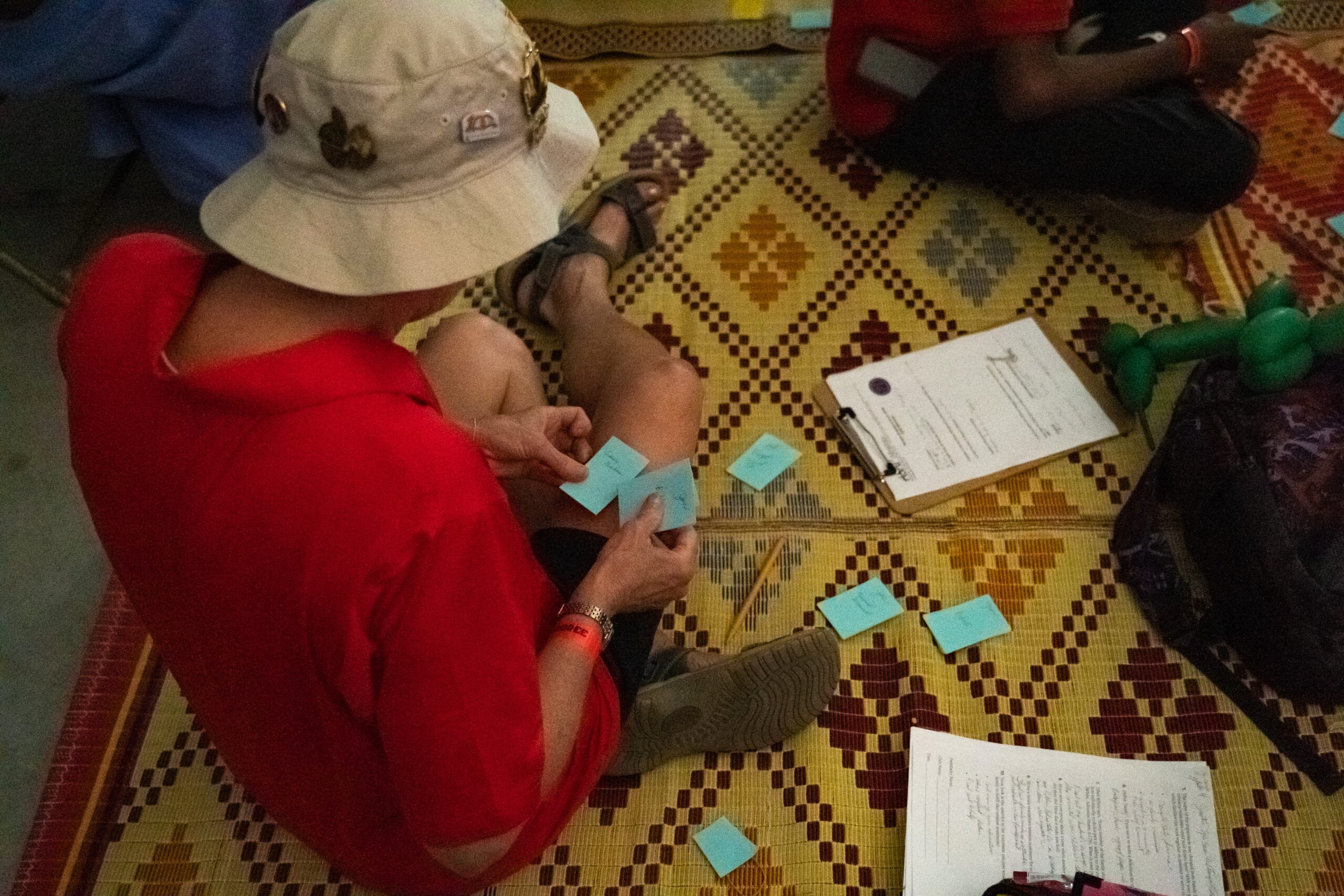
Refugee Assistance Honor
Advocates for Southeast Asians and the Persecuted, or ASAP Ministries, has guided groups of up to 40 Pathfinders at a time through exercises that give a glimpse into the world of refugees as part of the Refugee Assistance Honor.
“This made me think about what’s going on at the Southern border [of the United States] and what’s happening in Syria. I really want to do something to help,” said Catherine Collins, director of the Avon Park Rams Pathfinder Club in the Florida Conference. “This is one of the best honors offered for how the world is today.”
ASAP ministries has been involved with refugees since it was founded in 1995. Its work extends beyond Southeast Asia into Lebanon for Syrian Refugees as well as North America. This was the first time the ministry led the honor, which was first developed by the Adventist Development and Relief Agency, or ADRA.
The honor features a “loss simulation exercise” where Pathfinders imagine they have to flee their homes and take on the life of a refugee. On separate pieces of paper, they write down four people they would take with them, four special items, four things they can’t live without, and four types of documents, currency, or identification they would take. They’re then instructed to remove an item from each category to represent “selected loss.” Next, the Pathfinders flip the cards over to randomly select more cards to discard. That process represents “unknown loss.” The moderator then goes from person-to-person to take away pieces of paper at-will, representing “loss of control.” Afterwards, they are instructed to see who or what they have left, and to imagine how their lives would be.
“Some were crying. They couldn’t bear the thought of losing someone they love,” said Daniel Rojas, communication and media coordinator of ASAP, who taught the honor simultaneously in Spanish. “I had some refugees in my class from El Salvador, and Venezuela — Pathfinders and adults. At certain points they asked for a break because they were reliving the trauma, but it turned into something that was therapeutic for the group.”
According to Bill Wells, refugee coordinator for ASAP Ministries, the foundation of what the ministry offers the Pathfinders is what Scripture says about caring for refugees. The ministry also helps Pathfinders understand how popular characters from the Bible were also refugees, including Moses, the three Hebrew boys – Shadrach, Meshach, and Abednego – Daniel, Ruth, Naomi, and even Jesus.
“The greatest thing we hope they take away is a heart of compassion and empathy and seeing people through the lens of the gospel. Scripture helps us understand that refugees, immigrants, or whoever is labeled ‘other,’ are people that Jesus loves and died for,” said Wells.
